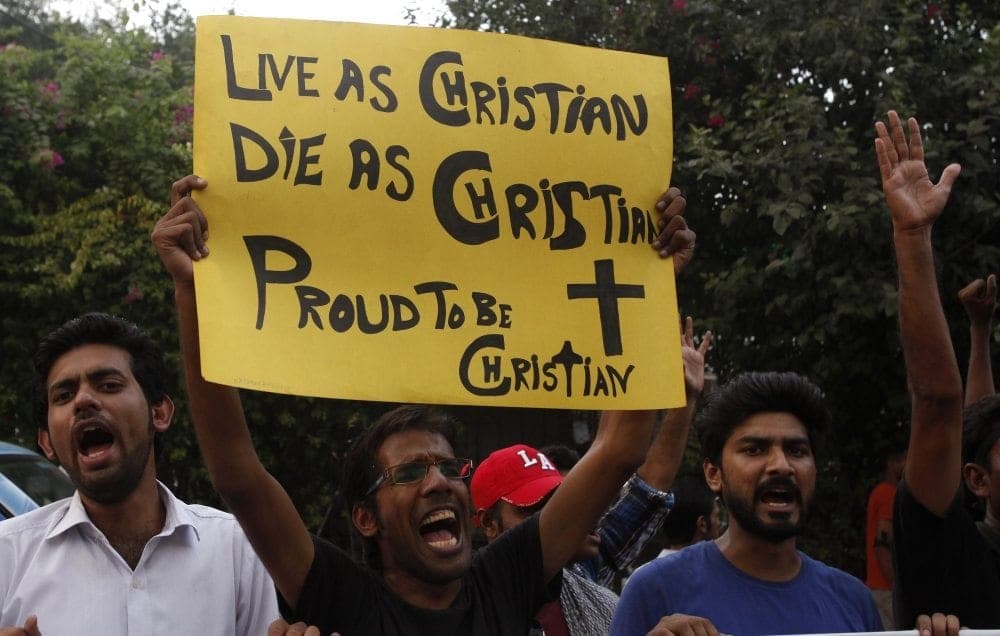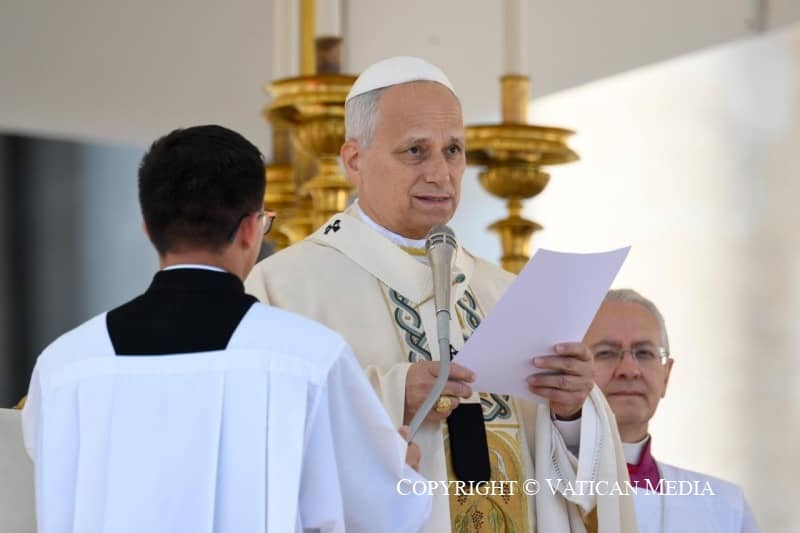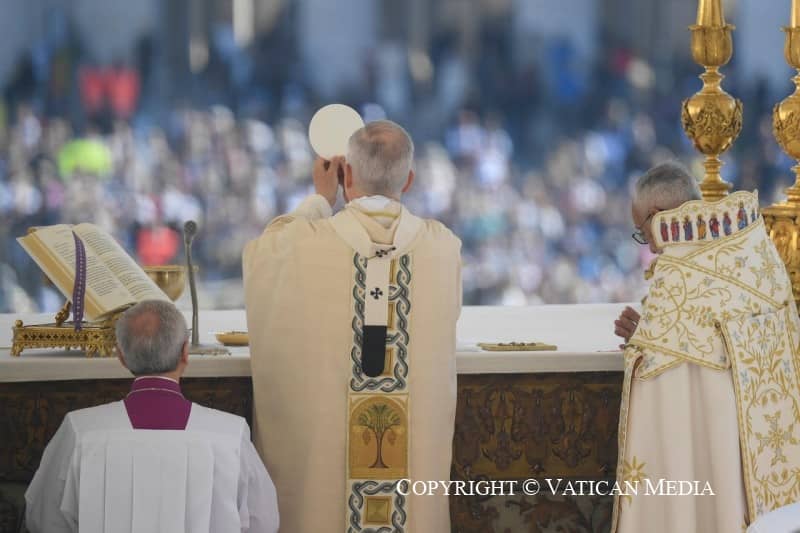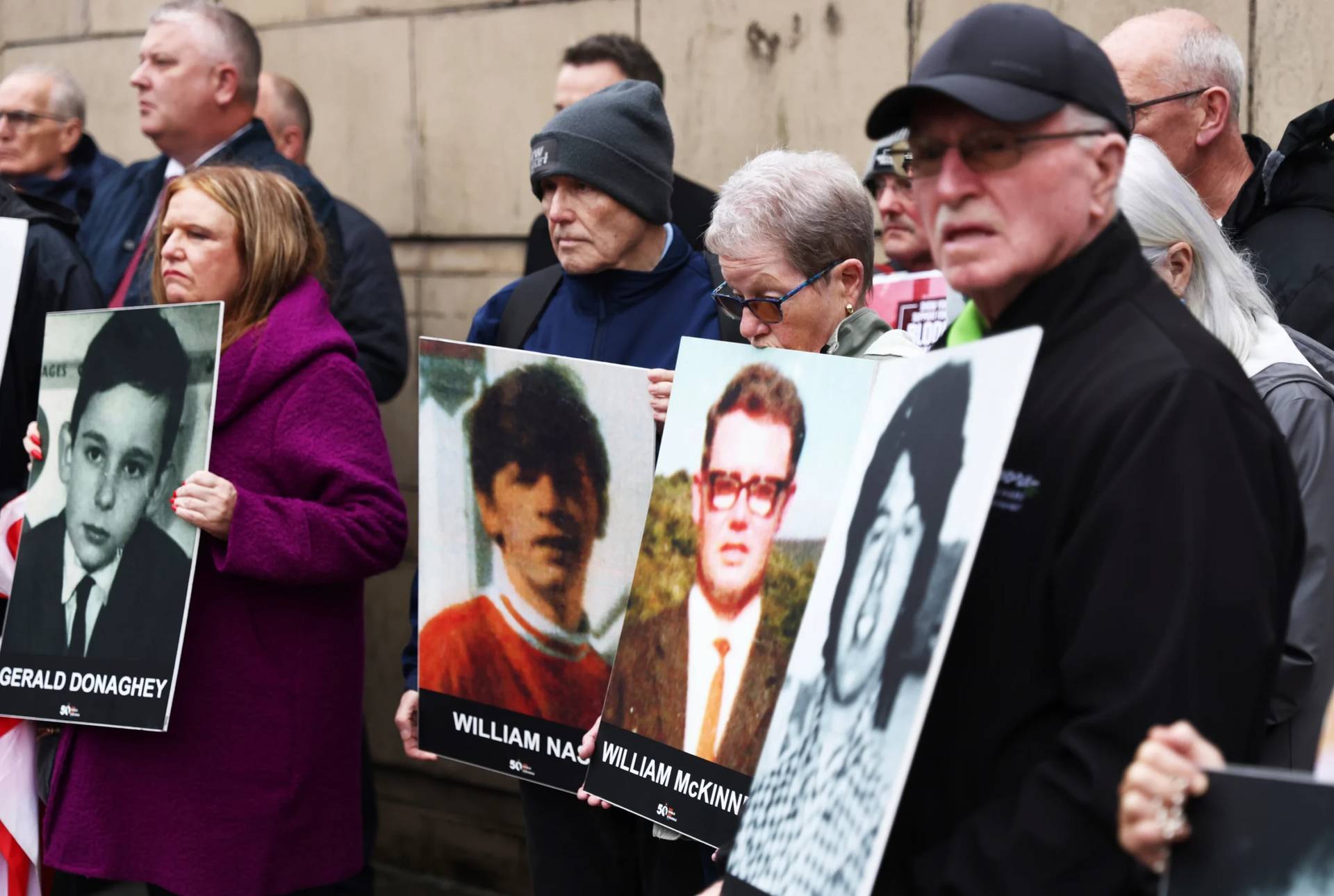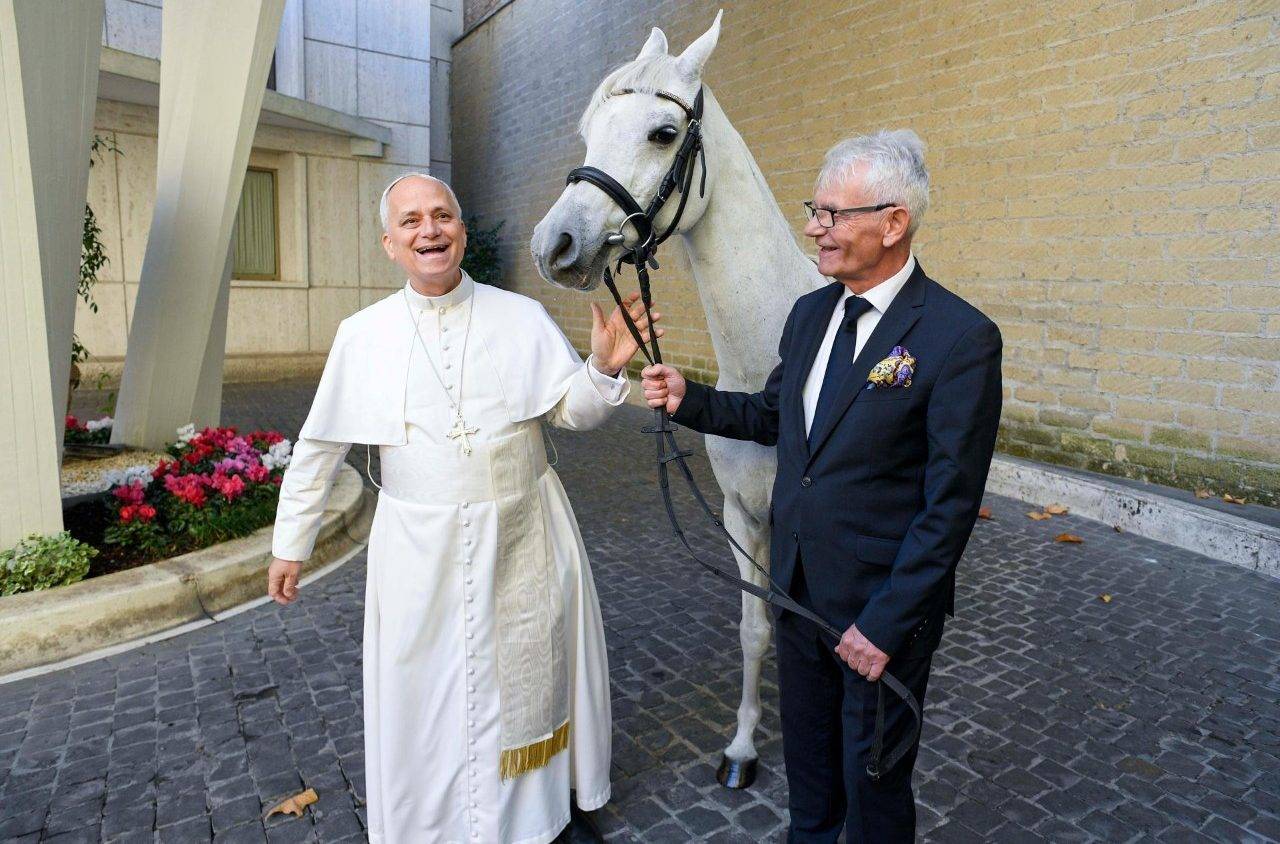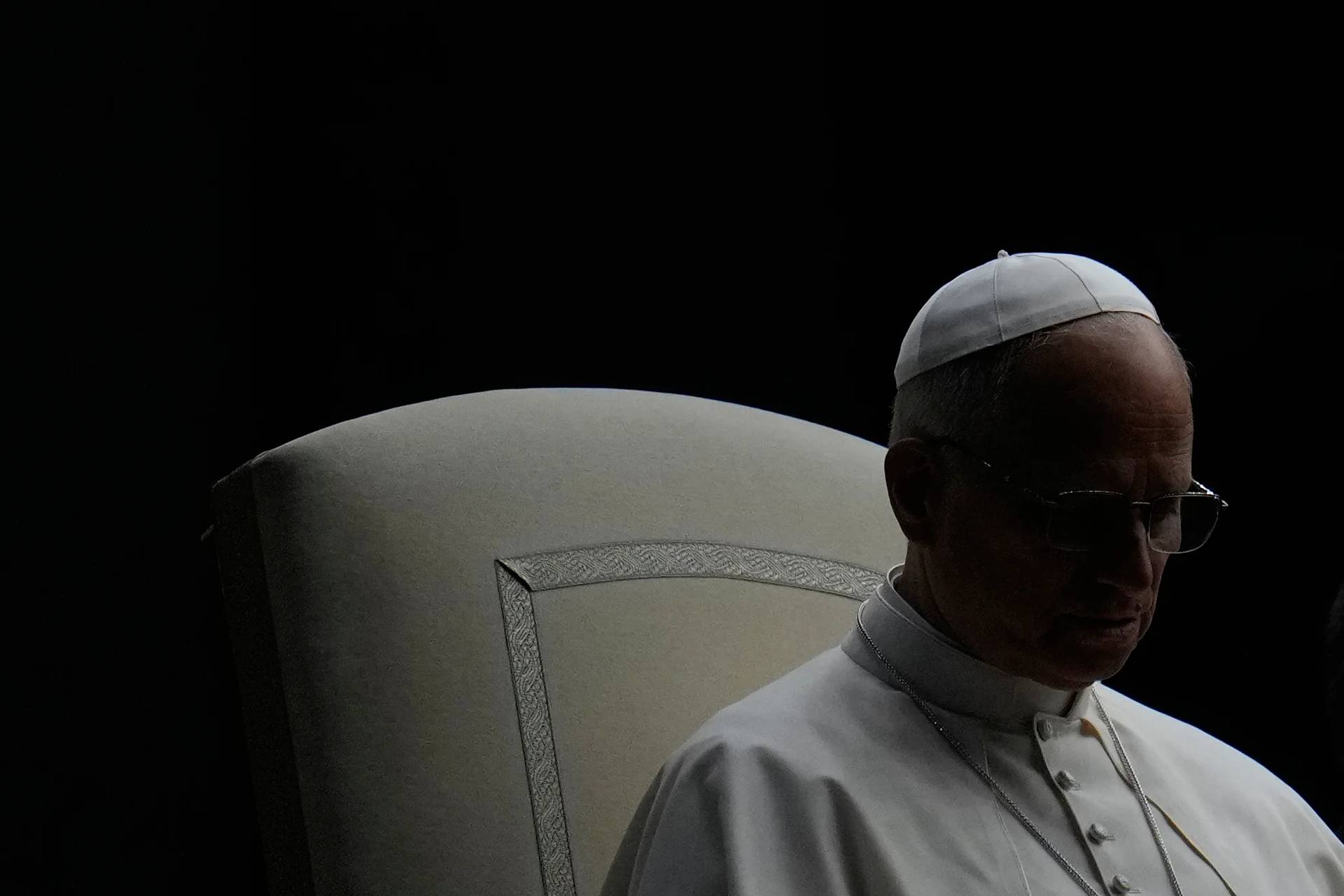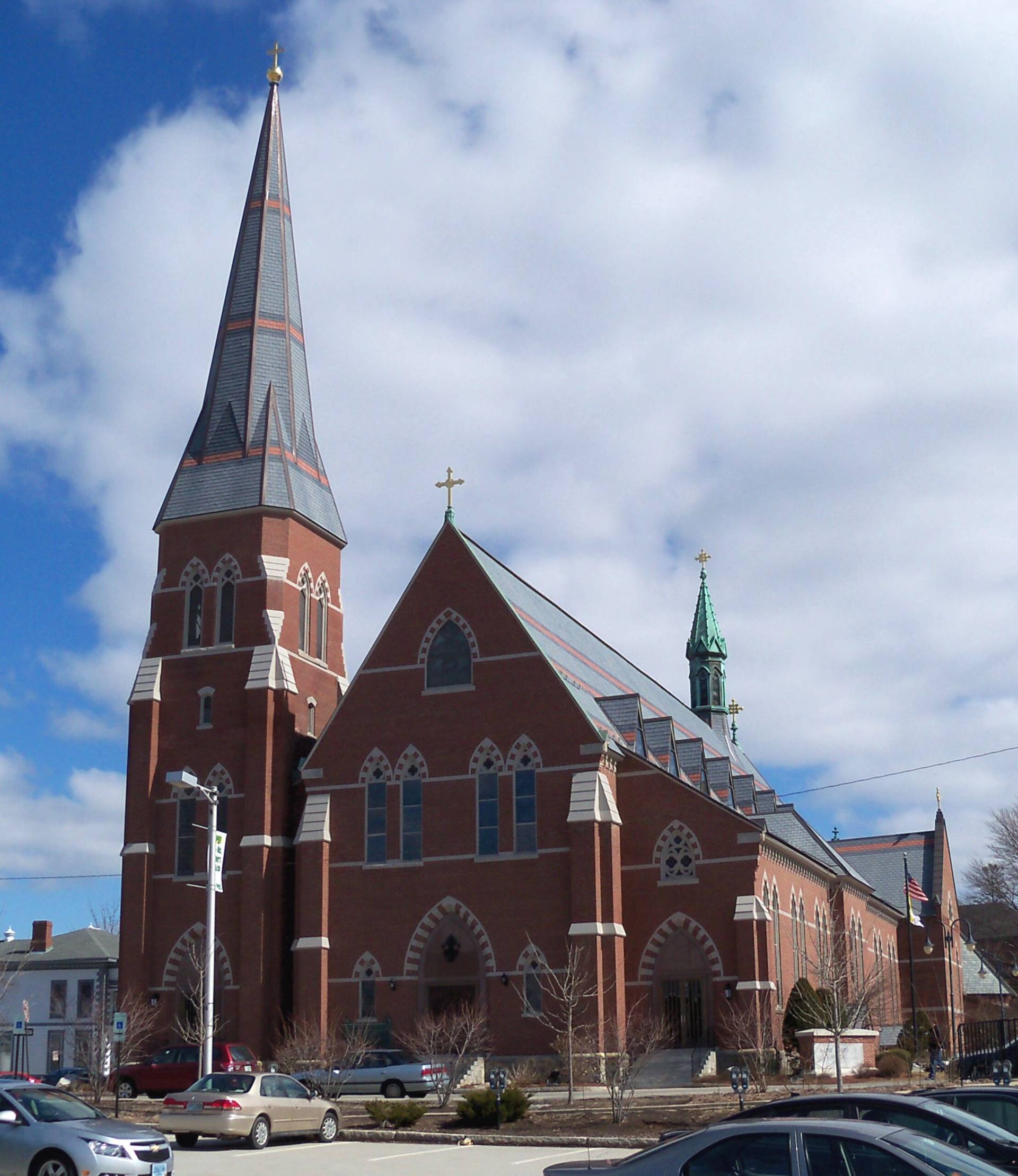MUMBAI, India — Public outcry by Catholic organizations followed the acquittal of 115 people suspected of burning more than 100 Christian homes back in 2013 in Joseph Colony, Badami Bagh, located in Pakistan near the country’s border with India.
On March 8, 2013, a mob of more than 3,000 Muslims armed with sticks, clubs, and stones rampaged through Joseph Colony, damaging properties including two Churches and desecrating dozens of bibles. Hundreds of residents were displaced following the violence.
“This verdict is increasing the fears and doubts in the community that the space for civil society is shrinking, and those raising a voice for seeking justice are being ignored,” Cecil S. Chaudhry, Executive Director of the National Commission for Justice and Peace, an organization of the Pakistani Catholic Bishops’ Conference, told Crux.
The attack was in retaliation for an alleged blasphemous comment against the prophet Mohammed by Sawan Masih, a Christian road sweeper in his late twenties, during the course of a conversation with a Muslim friend. Masih was sentenced to death in a verdict delivered in 2014, a decision he has appealed.
Hundreds of Pakistanis are sentenced to death for blasphemy convictions, which serve as an easy back door to persecute religious minorities and even settle petty grievances. The Pakistani Senate’s human rights panel which was created to address possible solutions to this issue met this month for the first time in decades.
During the hearing, which took place on January 28, the defense attorney, Ghulam Murtaza Chaudhry, argued that the prosecution had failed to bring even a single piece of evidence to establish the charges against the suspects.
“This incident not only spread a wave of terrorism in Lahore, but also brought a bad name to Pakistan,” Murtaza told local papers.
The presiding judge of the Anti-Terrorism Court (ATC) in Pakistan, Chaudhry Mohammad Azam, acquitted the suspects, who were already on bail, according to a local newspaper.
“It’s strange that not even one person was found to be involved in the attack. Especially when there was media present during the attack on Joseph Colony,” said Cecil, adding that video evidence could easily be found.
Cecil also underlined how in the case of the mob violence by Christians following Church bombings in Youhanabad, which resulted in the lynching of two people, arrests were made without such evidence.
“If a whole mob can be acquitted, then why not in the case of those arrested in the Youhanabad mob incident?” Cecil told Crux.
Religious freedom challenges in India, and especially the persecution of Christians, have caused growing concerns as violence and intolerance surge in the country.
“We demand that courts be allowed to function free from all types of pressure,” Cecil said. “It seems that in this case the pressure from the negative forces is weighing down.”
Father James Channan, Director of the Peace Center in Lahore, Pakistan, told Crux that he was deeply shocked, saddened and disappointed by the judge’s decision.
“This kind of judgement gives all minorities and especially Christians in Pakistan a grave sense of insecurity and fear. The residents of Joseph Colony are living with a sense of great shock and constant fear that their house could be attacked anytime and no justice will be given to them,” Channan said.
The attack on Joseph Colony has also been widely condemned by Muslims, human rights activists and religious scholars such as Maulana Abdul Khabir Azad, Grand Imam of the Badshahi Mosque in Lahore and by Hafiz Tahir Mehmood Ashrafi, Chairman of the Pakistan Ulama Council.
